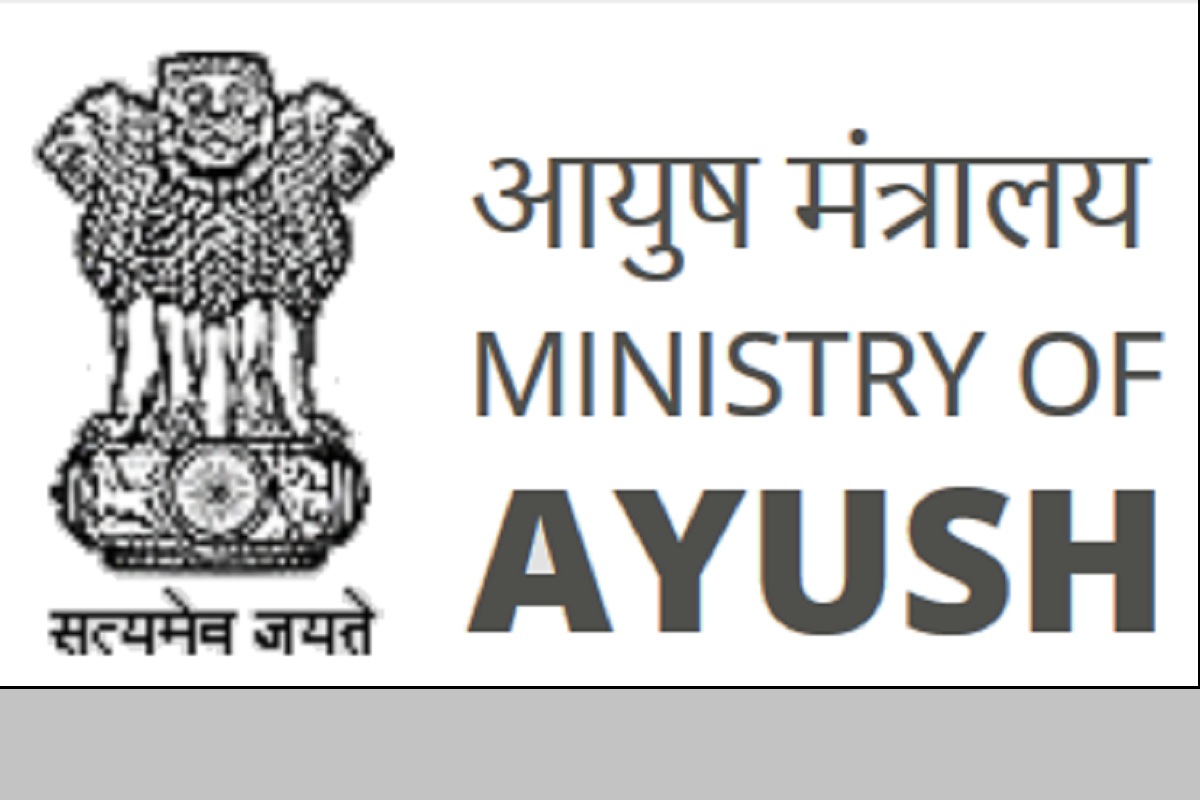1,346 public grievances resolved under Special Campaign 3.0
The Union Ministry of AYUSH on Thursday informed that 1,346 public grievances were resolved under Special Campaign 3.0, aimed at improving and maintaining cleanliness in the workplace.
“The ministry feels that the authors of the study failed in placing all needful details of the cases in a systematic format,” the Ayush Ministry said in a statement.

(File Photo)
The Ministry of Ayush has raised serious objection to a news story published in a major national daily which linked the Ayurvedic drug Giloy to liver failure.
The newspaper story was based on a scientific study that was published in the Journal of Clinical and Experimental Hepatology, a peer-reviewed journal of the Indian National Association for the study of the liver. This study mentioned that use of the herb Tinospora Cordifolia (TC), commonly known as Giloy or Guduchi, resulted in liver failure in six patients in Mumbai.
Advertisement
“The ministry feels that the authors of the study failed in placing all needful details of the cases in a systematic format,” the Ayush Ministry said in a statement.
Advertisement
“Apart from this, relating Giloy or TC to liver damage would be misleading and disastrous to the Traditional Medicine system of India as herb Guduchi or Giloy has been used in Ayurveda for long. The efficacy of TC in managing various disorders is well established,” it added.
In the study, the researchers have documented the experience of six patients in Mumbai with herbal-induced liver injury from September 2020 to December 2020. They claimed that this was herbal (Giloy) immune booster-induced liver injury during COVID-19 arising from direct and indirect mechanisms through the metabolites of the herb or their interactions with other drugs, including contaminants.
The ministry said that after analysing the study, it noticed that the authors of the study have not analysed the contents of the herb that was consumed by the patients.
“It was also noticed that the authors of the study have not analysed the contents of the herb that was consumed by the patients. It becomes the responsibility of the authors to ascertain that the herb consumed by the patients is TC and not any other herb. To build upon the soundness, the authors would have taken the opinion of a botanist or would have consulted an Ayurveda expert,” the Ayush Ministry said.
The ministry also pointed out in its statement that several studies offer safety for Giloy.
“Scientific Evidence on medical applications of TC or Giloy as protective to liver, nerves etc. are available. It was found out that ‘Guduchiand safety, as keywords, alone has some 169 studies available in the public domain. Similarly, a quick search on T. Cordifolia and efficacy, as keywords, will show 871 results. There are other hundreds of studies on Giloy and its safe use,” it said.
Advertisement